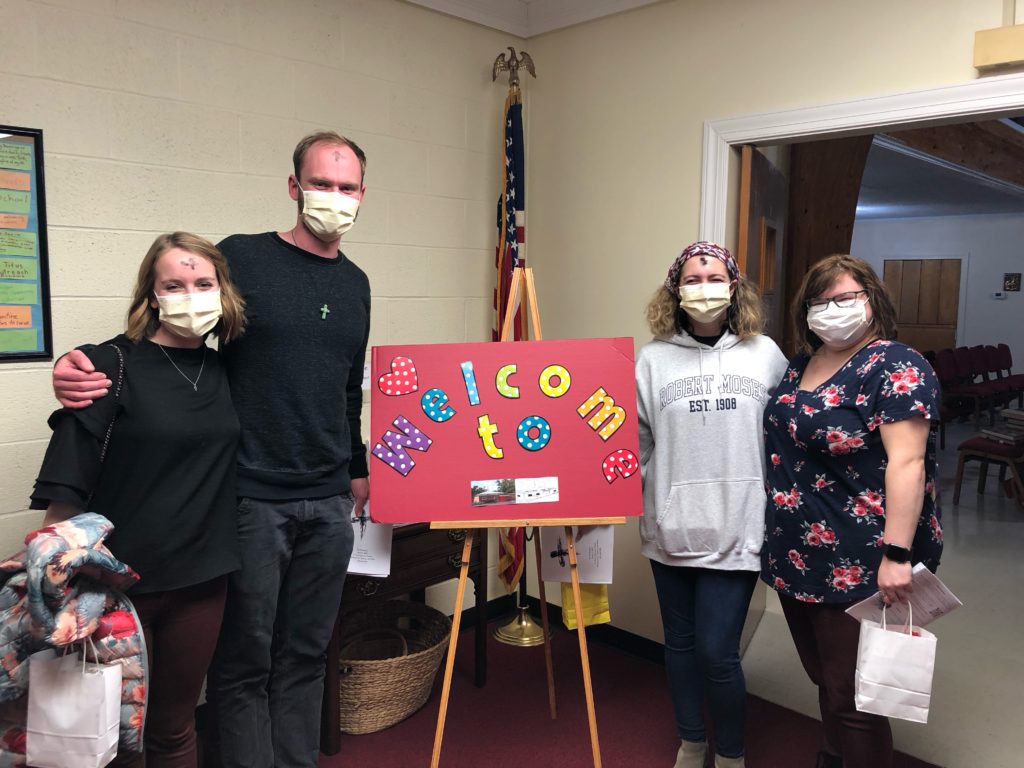
I’ve been thinking about all these micro-plastics in my bloodstream recently. Brushing my teeth is clearly good for me, and for those who have to sit near me, and yet my brush and toothpaste have been designed in such a way that microscopic, lifeless waste makes its way into my bloodstream. Yikes! People say, and I am sure they’re right, that brushing and flossing is good for my heart. And, the tool we’re given for heart health puts plastic into the blood… “The life of the creature is its blood.”
I grew up in the Episcopal church, and though I don’t identify myself denominationally, I have grown to love the Anglican Communion, the global body of which the Episcopal church is part. I recently studied the work of Caribbean priests, poets, and theologians who went about recreating the Anglican Church in the Province of the West Indies during the 1970s and 1980s. Their insights and abounding spiritual wisdom changed my life. They asked what was beautiful, what was precious, and what was disastrous in the liturgy, the way of worshipping, the way of gathering in stone monuments to European plantation and colonial order. What happened to the religion of Jesus when it was translated into Latin, the language of Empire? Or English, the language of another genocidal empire that perhaps did more to thwart the Gospel? Verna Dozier goes far enough to say, “The church serves Constantine, and it has been blessing his purposes and those of his imperial heirs ever since—their wars, their social and economic arrangements, their visions of the future.” What lifeless waste seeps into my heart, my spirit, my mind, my body, when I worship in my little, beloved, Episcopal church?
What this service year is teaching me is these are not questions merely to sit and think about. We are called to live. And must we drop everything today and live like MLK or Pauli Murray? Well, yes, that would actually be a great idea. But, since God chooses to move at the speed of human Yeses, we can move at the speed of our heart’s yeses to Love, to Life, too. What separates a life-changing year of intentional community from an average to annoying experience of sharing a four-bedroom with housemates is small. It is not some esoteric or complex thing (up in the stars, or down in the depths of the sea). It is a lived intention in a few dinners, a meeting, a spiritual practice, shared chores, and a central covenant. It is a communal intention to Live, together, touching the Life that no amount of plastic, and no empire, can resist for long.